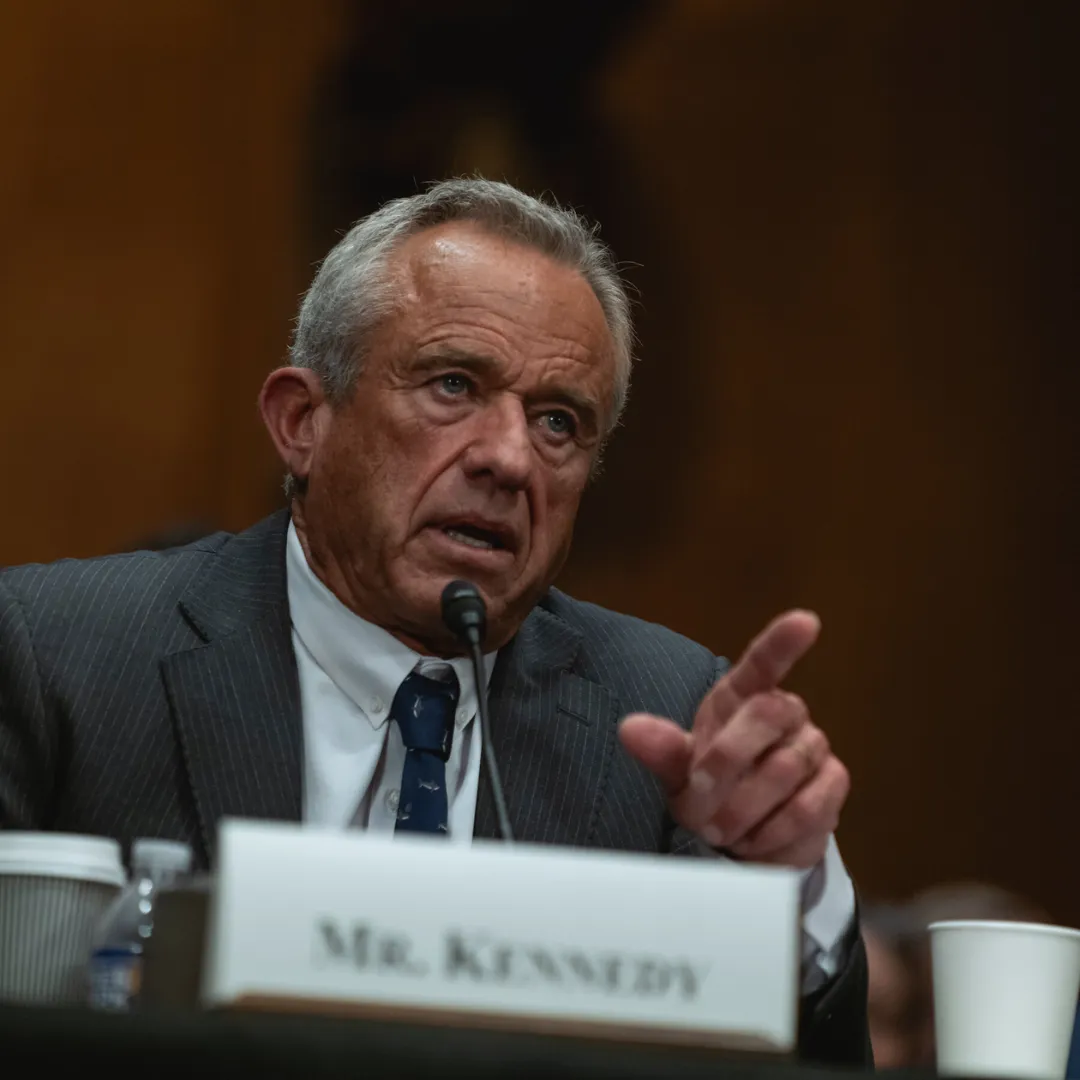
On Thursday, House Republicans voted to block an effort spearheaded by Democrats to publicly release a long-anticipated report from the Ethics Committee regarding allegations against former GOP Representative Matt Gaetz of Florida. The House effectively derailed the resolution, which would have mandated the release of the committee's findings, by instead voting to refer the issue back to the committee. This move, orchestrated by House GOP leaders, has postponed the release of the report indefinitely, sparking questions about whether the results of the investigation will ever see the light of day.
Gaetz, who maintains his innocence, had previously withdrawn from consideration for the role of attorney general under President-elect Donald Trump just last month. This decision came after it became evident that Gaetz lacked the necessary support in the Senate to secure the position. The former congressman faced mounting challenges in Congress, where some Senate Republicans were advocating for the ethics report’s release as a crucial part of the vetting process for his appointment.
Last month, the House Ethics Committee—led by Republican members—voted privately against releasing the findings of the investigation, going against the wishes of Democrats on the committee. This decision was made prior to Gaetz withdrawing from his potential nomination as attorney general. The vote to keep the report under wraps was close, tallying at 206 in favor and 198 against, with just one Republican, Representative Tom McClintock of California, breaking ranks to side with Democrats.
McClintock, in a statement to CNN, cited Justice Louis Brandeis, saying, "Sunlight is the best of disinfectants." He emphasized that this report, which concerns the conduct of a public official and was funded by taxpayers, belongs in the public domain. "Of course, the public has a right to see it," McClintock added.
Ahead of the House vote on Thursday, the Ethics Committee convened again but provided no definitive updates on the potential release of the report. After the meeting, the committee only stated that they were "continuing to discuss the matter," leaving the question of transparency unresolved.

House Speaker Mike Johnson made his stance clear, stating that he does not believe the report should be released since Gaetz is no longer a sitting member of the House, and thus the ethics panel no longer has jurisdiction over him. Gaetz resigned from Congress shortly after Trump announced his intention to nominate him for attorney general, effectively complicating the matter further.
Following the vote, Johnson dismissed the ethics report as a "moot point" given Gaetz's resignation. "I'll leave it up to the committee to do their business there," he commented when speaking to reporters. His position seemed to reinforce the sentiment that Gaetz's departure from Congress made the inquiry into his conduct less relevant, at least in his view.
Democrats, however, were unwilling to let the matter fade into obscurity. They used procedural measures to force House GOP leadership to hold a vote on whether to release the report. Representative Sean Casten, who led the Democratic effort, expressed clear frustration after seeing nearly every House Republican vote against transparency. "Today, the Republicans decided that, I don't know, it's like Vegas. What happens in DC stays in DC, I guess," Casten remarked, underscoring his disappointment.
After the initial vote, a second attempt was made by Democrats with a similar resolution, once again seeking to compel the release of the ethics findings. However, this effort also fell short, blocked by the majority.
The Ethics Committee had first shared an update regarding the investigation in June, revealing that it was assessing accusations that Gaetz may have engaged in several unethical practices. The allegations included claims of sexual misconduct, illicit drug use, improper acceptance of gifts, extending special privileges to individuals with whom he had personal connections, and obstructing government investigations into his own actions. The panel, in announcing the investigation’s status, made sure to note that Gaetz had "categorically denied all of the allegations before the committee."
The saga has once again highlighted the opaque nature of certain processes in Washington, where transparency battles often clash with political interests. Despite calls for openness from some members of Congress, the report remains shielded, and whether the American people will ever know the full extent of the findings remains uncertain. As debates around the ethics of public officials continue to emerge, this case serves as a stark reminder of the complicated dynamics that often determine how much—if anything—the public gets to know about the conduct of their representatives.



